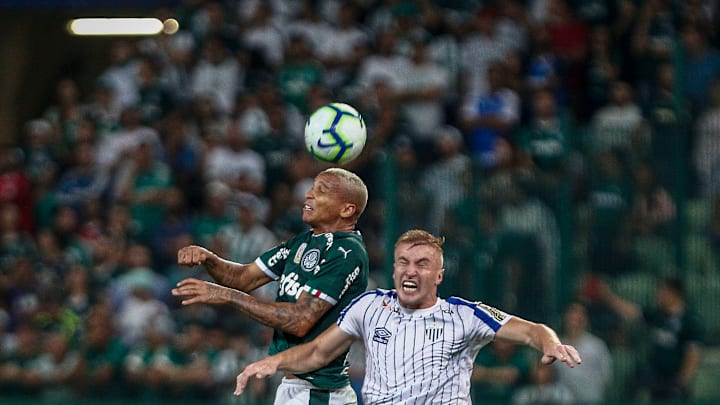Palmeiras emerges as a hotbed of young prospects, whose potential extends beyond Brazilian fields. Recently, André Zanotta, FC Dallas's football director, shed light on a bold strategy: bringing players from Verdão to the Major League Soccer (MLS). This move not only showcases the growing relevance of Brazilian soccer on the international stage but also raises questions about development paths and opportunities for rising talents.
During an online event hosted by the MLS, Zanotta unveiled FC Dallas's intention to attract Palmeiras players to its ranks. Arguing that many talents nurtured by clubs like Flamengo, Palmeiras, and Corinthians might not find space in Brazil's top teams, Zanotta points to the MLS as a viable alternative for these players to continue their development and achieve professional success.
Follow MLS Multiplex on X (Twitter).
This strategy is not new. The MLS has been increasingly seeking South American players, especially Brazilians, to bolster the league's technical quality. Recruiting young talents directly from renowned Brazilian clubs is a savvy approach, offering players the chance to adapt to a new competitive environment while enriching the North American league with their skill and growth potential.
This trend raises significant questions about the development of Brazilian soccer and the opportunities offered to players in their own country. The fact that players trained in top Brazilian clubs may struggle to find space in their first teams suggests an imbalance between talent production and playing opportunities in Brazil. This raises questions about the effectiveness of grassroots development programs and the ability of Brazilian clubs to integrate these young talents into their first teams.
Moreover, the movement of Palmeiras players to the MLS raises questions about club identity and loyalty. Modern soccer is often characterized by players' mobility between clubs and leagues as they seek career opportunities and financial success. This raises concerns about the emotional connection between players and the clubs they represent, as well as long-term commitment to soccer development in their home countries.
The possibility of Brazilian players shining in foreign leagues like the MLS can open doors for a new generation of Brazilian talents. By achieving success in international leagues, these players can inspire future generations and expand development opportunities in Brazil. Additionally, exposure to different playing styles and soccer cultures can enrich these players' experience and contribute to their professional maturity.
